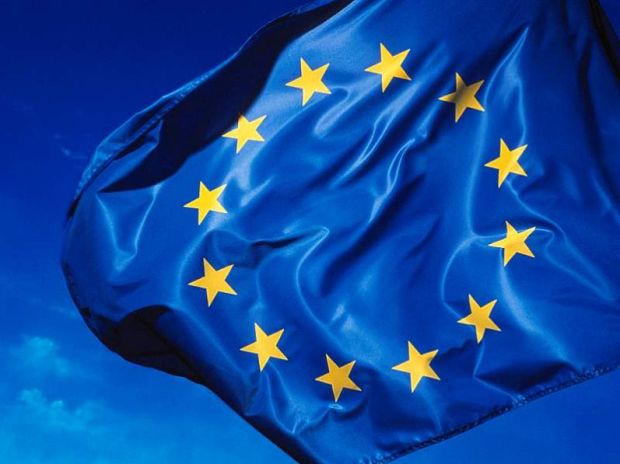What is Multilingualism?
In addition to the 24 official EU languages, many regional and minority languages are spoken in Europe. The EU strives to protect this linguistic diversity and promote the learning of languages.
One goal of the EU’s multilingualism policy is for every European to speak 2 languages in addition to their mother tongue. The most effective way to achieve this would be to introduce children to two foreign languages from an early age. Evidence suggests this may result in faster language learning and more advanced mother tongue skills.
The EU provides support for language learning because:
- improving the language skills of children, young people and adults will enable more of them to study and/or work in other EU countries, while improving their job prospects overall
- knowledge of foreign languages facilitates inter cultural understanding, which is essential for living together in a multilingual and multicultural Europe
- businesses need multilingual staff to be able to trade effectively across Europe
- the language industry – translation and interpretation, language teaching, language technologies, etc. – is one of the fastest growing areas of the economy.


23,983 thoughts on “What is Multilingualism?”